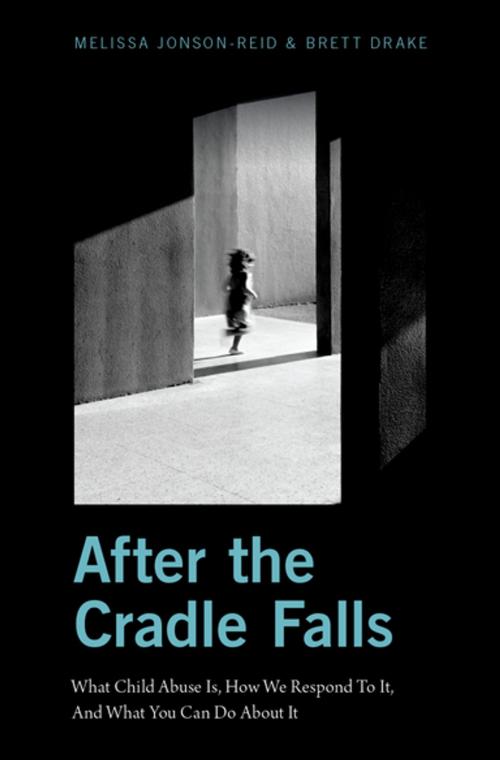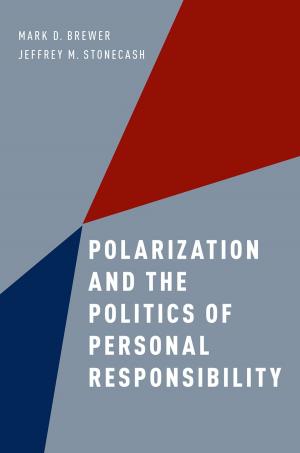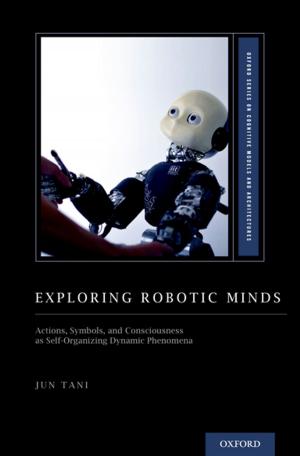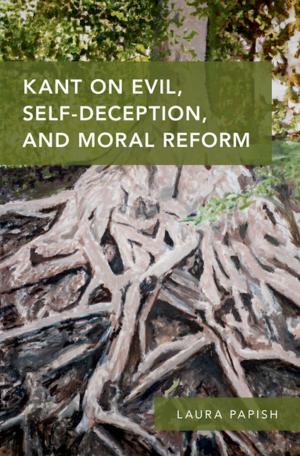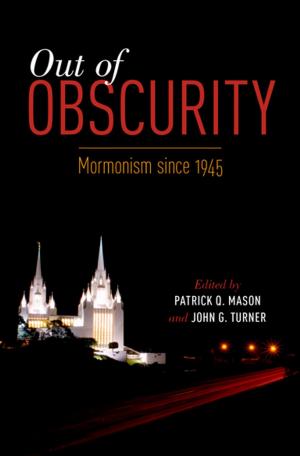After the Cradle Falls
What Child Abuse Is, How We Respond To It, And What You Can Do About it
Nonfiction, Reference & Language, Law, Child Advocacy, Social & Cultural Studies, Social Science, Social Work| Author: | Melissa Jonson-Reid, Brett Drake | ISBN: | 9780190653040 |
| Publisher: | Oxford University Press | Publication: | December 8, 2017 |
| Imprint: | Oxford University Press | Language: | English |
| Author: | Melissa Jonson-Reid, Brett Drake |
| ISBN: | 9780190653040 |
| Publisher: | Oxford University Press |
| Publication: | December 8, 2017 |
| Imprint: | Oxford University Press |
| Language: | English |
There may be no other social problem so common, yet so little understood by the general public, as child abuse and neglect. This book is intended to help remedy that situation. After the Cradle Falls integrates examples from folklore, songs, and news articles with the latest summary of empirical research to create an accessible and engaging work intended to provoke the reader to think about how to address the issue of child abuse and neglect in America. Written in a conversational style, the book engages the reader in thinking through why maltreatment occurs, what it looks like, and what we do and do not know. Most importantly, it asks the reader to become involved in the solution based on their own conclusions and values. Given the prevailing state of widespread public misunderstanding about child abuse, its causes and effects, and the involved systems, After the Cradle Falls is particularly current, relevant, and useful. It is a must-read for students, professionals in child advocacy or family services agencies, and policymakers.
There may be no other social problem so common, yet so little understood by the general public, as child abuse and neglect. This book is intended to help remedy that situation. After the Cradle Falls integrates examples from folklore, songs, and news articles with the latest summary of empirical research to create an accessible and engaging work intended to provoke the reader to think about how to address the issue of child abuse and neglect in America. Written in a conversational style, the book engages the reader in thinking through why maltreatment occurs, what it looks like, and what we do and do not know. Most importantly, it asks the reader to become involved in the solution based on their own conclusions and values. Given the prevailing state of widespread public misunderstanding about child abuse, its causes and effects, and the involved systems, After the Cradle Falls is particularly current, relevant, and useful. It is a must-read for students, professionals in child advocacy or family services agencies, and policymakers.
